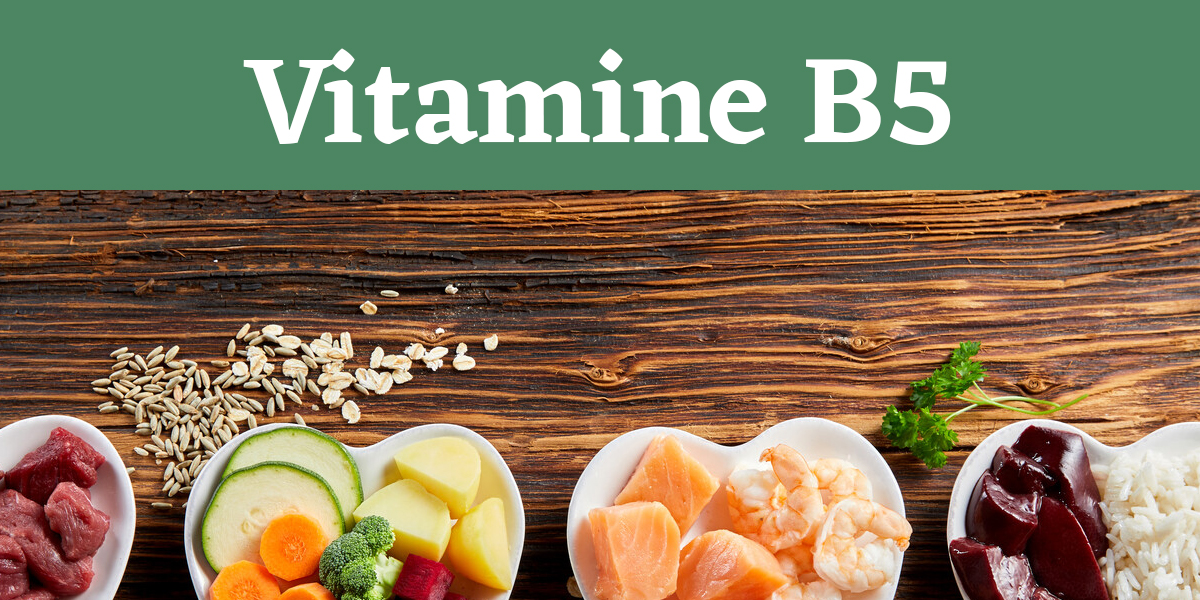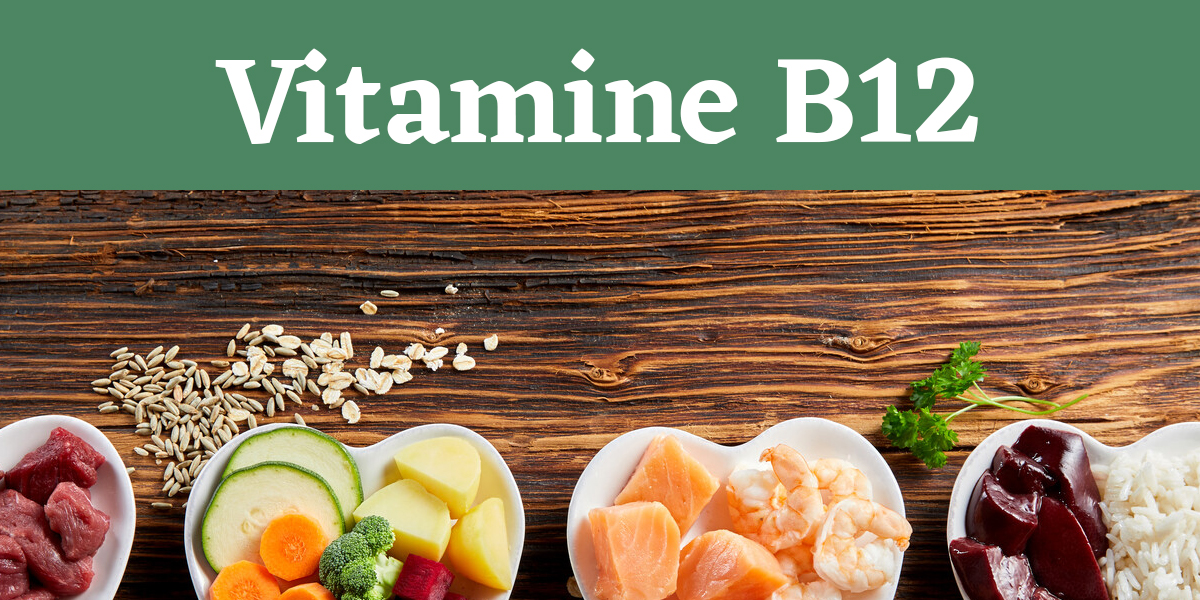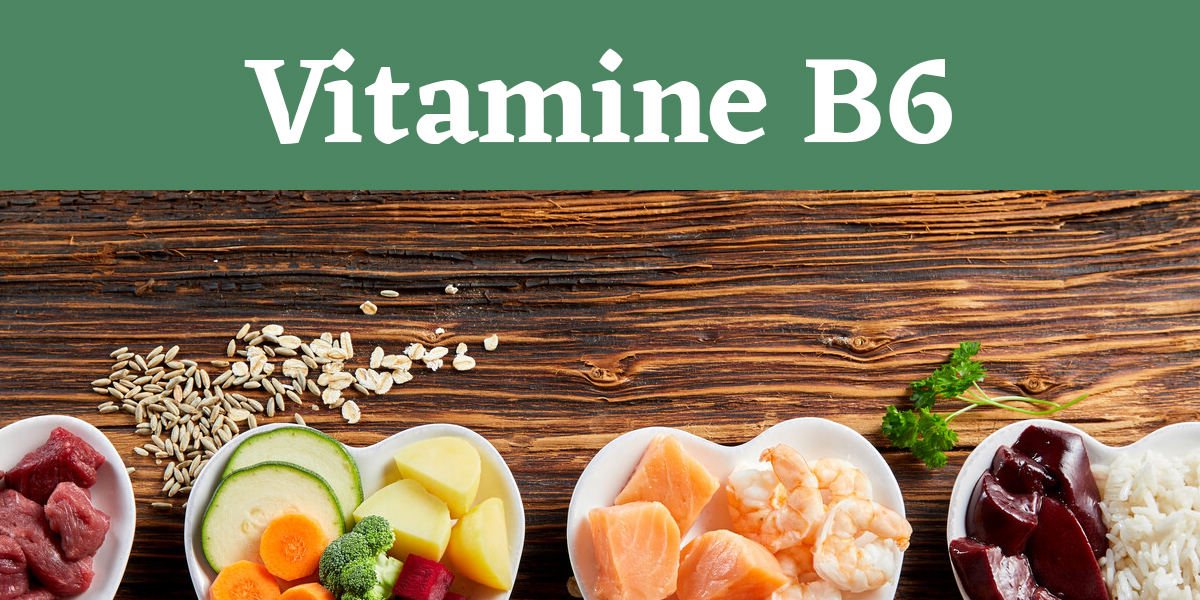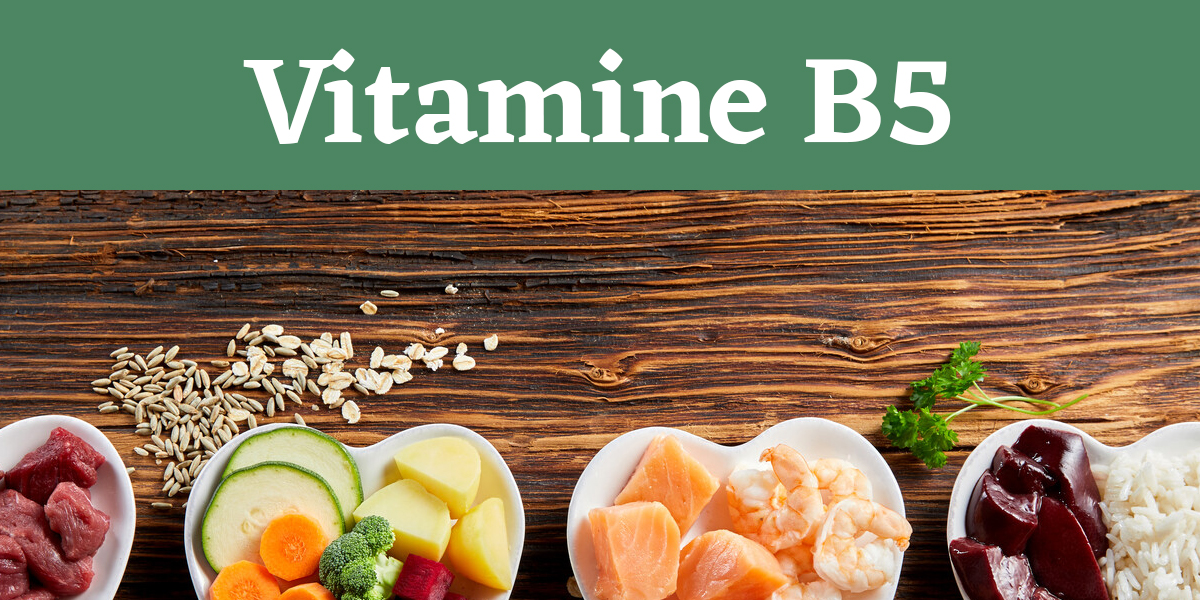Vitamin B5 (pantothenic acid)

Vitamin B5, also called pantothenic acid, is a water-soluble vitamin that belongs to the vitamin B complex. Vitamin B5 is not stored in the body and must be made sufficiently available on a daily basis through a high-quality diet or through supplementation. In addition, a healthy intestinal flora can also produce vitamin B5. It is also essential to get enough vitamin C, as this activates the role of vitamin B5 in the body.
Vitamin B5 is a very essential nutrient for all body cells and has a major influence on the functioning of the pituitary and adrenal glands in particular. These hormone-producing glands regulate various psychological functions in the body.
Vitamin B5 is also important for proper brain function. The body needs a wide availability, this also benefits stress resistance. Vitamin B5 is sometimes called the anti-stress vitamin. This is because it is a vital substance for the adrenal and pituitary glands, which in turn provide anti-stress hormones. In addition, vitamin B5 promotes proper functioning of the digestive system and is necessary for the conversion of food energy into biological energy.
Other functions are to contribute to the breakdown of fats and cholesterol, it supports the action of vitamin B2, important for the prevention of arthritis and combats general malaise such as nervousness and irritability. Vitamin B5 is also part of coenzyme A, which plays a role in cellular metabolism.
Quickly suffering from tartar can indicate a vitamin B5 deficiency. Furthermore, a shortage can be caused by a lot of stress or sugar consumption, with the result that this can lead to stomach and intestinal complaints, inflammation of the nose, dull hair and hair loss. Other consequences of a deficiency can be a burning sensation in the hands and feet, restlessness, fatigue, depressed feelings, inflammation of the skin, infection of the upper respiratory tract, loss of appetite, increased susceptibility to infections and minor psychological disturbances.
Vitamin B5 occurs in liver and kidneys, especially from beef, turkey, salmon, eggs, blue cheese, vegetables, especially cabbage, peas, lentils, cashew nuts, avocado and brewer's yeast.



